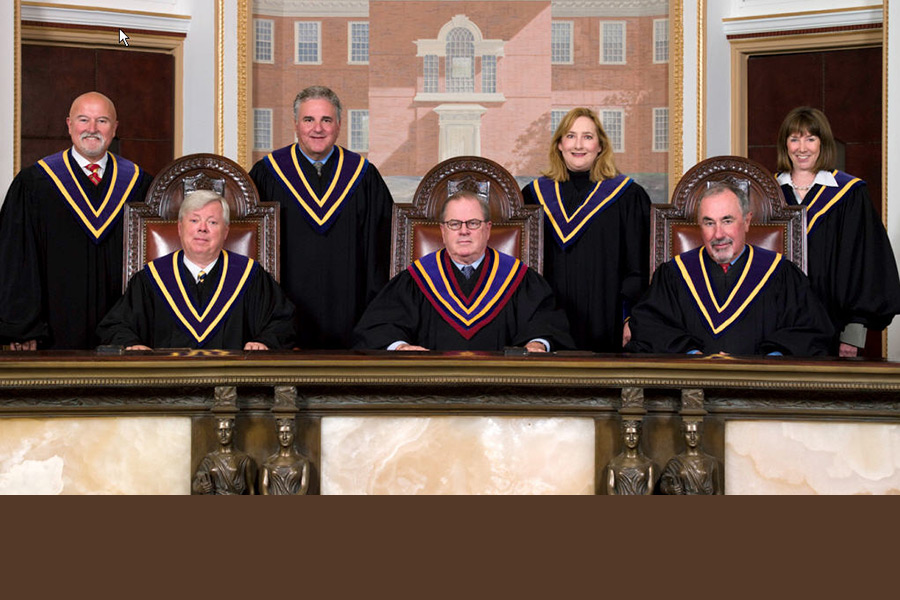All seven members of the state Supreme Court appeared supportive of LGBT rights during this week’s hearing on an antibias dispute involving SEPTA.
The region’s mass-transit agency doesn’t want to be under the jurisdiction of the city’s Human Relations Commission, which enforces the city’s LGBT-inclusive antibias law. Instead, it claims that, as a state agency, it’s under the jurisdiction of state and federal civil-rights agencies, whose antibias law don’t extend to LGBTs.
The city claims SEPTA is a major part of the city, and should comply with its laws.
The litigation has ensued for seven years. The city received a favorable ruling in Philadelphia Common Pleas Court but two unfavorable rulings in Commonwealth Court.
During a 40-minute hearing Sept. 13, the high court appeared receptive to the city’s position.
City attorney Richard G. Feder said SEPTA has 9,000 employees and 600,000 riders daily, all of whom deserve comprehensive antibias protections.
He said SEPTA shouldn’t minimize its role in city affairs. “The city comes to a halt without SEPTA [running],” Feder said.
Feder also noted the city’s vanguard role in protecting civil rights. He said the city established its Human Relation Commission years before the state established its own.
“The interests of the city would be tremendously damaged,” Feder said, if the court exempts SEPTA from the city’s antibias jurisdiction.
Speaking on behalf of SEPTA, attorney Patrick M. Northen said: “The [state] General Assembly didn’t intend to subject SEPTA to local anti-discrimination ordinances.”
If the court rules against SEPTA, Northen said, the city could interfere with SEPTA’s operations by ordering it to deploy sufficient resources in minority communities. But the justices didn’t appear fazed by that scenario.
Justice Max Baer said the state’s Human Relations Act encourages municipalities to adopt expansive antibias laws. And Justice David N. Wecht said city officials could even require that SEPTA stop having its trains’ shades up in Philadelphia.
“SEPTA has no desire to discriminate against anyone, including the LGBT community,” Northen emphasized. But he also said “the city isn’t superior to SEPTA” and shouldn’t be telling SEPTA what to do.
Northen said SEPTA’s main focus is transporting people, not getting entangled in civil-rights disputes.
In closing, Northen said the city’s antibias law protects women who breastfeed in public. He said a nearby town might pass a law against public breastfeeding. In that scenario, SEPTA would be unduly burdened when trying to navigate its way through conflicting laws.
“We’ll cross that bridge when we get to it,” retorted Chief Justice Thomas G. Saylor, signaling an end to the proceeding.
Outside the courtroom, Rue Landau, executive director of the city’s Human Relations Commission, was pleased with the hearing.
“I’m very optimistic,” Landau told PGN. “I thought the hearing went extremely well. Mr. Feder made a very strong case on behalf of the Philadelphia Commission on Human Relations’ position that SEPTA must be subject to our city’s anti-discrimination law.”
Landau also expressed hope that the matter will be concluded shortly.
“It’s been seven long years. We hope the Pennsylvania Supreme Court will decide this issue in the city’s favor, and not remand the case back to the lower court for further consideration.”
A decision by the justices is expected within the next few months.

